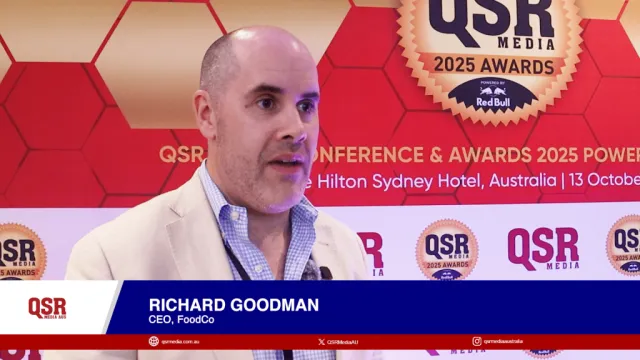
What Went Wrong? Pie Face Insiders Share Insights As Franchise Enters Administration
Popular bakery franchise Pie Face announced over the weekend that the company has been placed into voluntary administration.
Despite flourishing coffee and wholesale businesses, Pie Face could not replicate the high benckmark of success of its initial stores despite efforts by executive management to keep costs down, revealed a couple of franchisees and a source close to the business to QSR Media.
Administrators Jirsch and Sutherland had been appointed as franchisees grapple with the fate of the franchise. Pie Face met with franchisees at 3PM on Monday, November 24, to advise their position, says one of the franchisees, who chose to remain anonymous due to the sensitivity of the administration proceedings.
Flawed business case
If Pie Face had one fatal flaw, it was that the business case was based on initial stores which were enjoying a “honeymoon” period, which proved unrealistic in an environment of long-term trading. These “benchmark figures” of some of the early stores were not reflective of the network, according to one of the franchisees.
The franchisee says this is reflected in how a lot of the current Pie Face corporate stores are actually from franchisees that had failed, as Pie Face had to purchase them back at a nominal rate.
The last year and a half, Pie Face has been dogged by negative media stories related to its franchise model, from franchisees claiming huge losses to facing lawsuit claims from three franchisees.
The franchisees and the source close to the business admit that Pie Face had some great things going for it. Its coffee and wholesale segments are doing well. One of the franchisees interviewed was in fact complimentary about the founder Wayne Homschek who they described as “an astute entrepreneur and brand-building visionary”. But it was the lack of proper business structure coupled with an aggressive expansion strategy, that has seen the demise of the brand.
Greater economies of scale
One Pie Face franchisee painted a picture of a company that once had great potential but was smothered by a desire to quickly achieve greater economies of scale.
“The head office could never get the cost of goods down, they were aware of this and communicated this to their franchisees that they knew it was too high. Even when they opened up a larger new factory they could not get their costs down to an acceptable level. They now have two factories - one too many,” says the Pie Face franchisee.
“Their strategy was to increase the number of stores to achieve more economies of scale. This strategy led them into unprofitable sites,” he adds. Pie Face owns its own supply chain, making their own pies which they then sell to their franchisees.
The Pie Face franchisee says he was drawn into the franchise with its fresh approach to pie selling and the “cheeky” persona the brand presented to consumers. “It was an innovative and a ‘hot new concept’ in the world of franchising. The product was and still is of high quality they state.
Another source close to the business argues that Pie Face entering into administration is “a classical case of an aggressive international expansion/deal doing without paying attention to operations at home and abroad.”
Improper growth management
Still another franchisee, who requested anonymity as well, claims that Pie Face was plagued by improper growth management. “The growth was too quick and they did not manage that growth.”
The franchisee says Pie Face lacked a proper management structure that was compounded when the company chased the overseas market and lost focus on the domestic operations which needed more support.
Australian stores had been feeling pressure as the Pie Face proposition was falling out of favor amongst more health-conscious consumers, the franchisee claims. Despite the coffee business and wholesale operations going well, Pie Face stores in the central business district had been floundering.
Kevin Waite was bought into the business a few months ago and he has been “very proactive” about trying to sort out some of the business issues and had the “board solid behind him” as he was making hard decisions to try to turn the situation around, says the franchisees interviewed.























